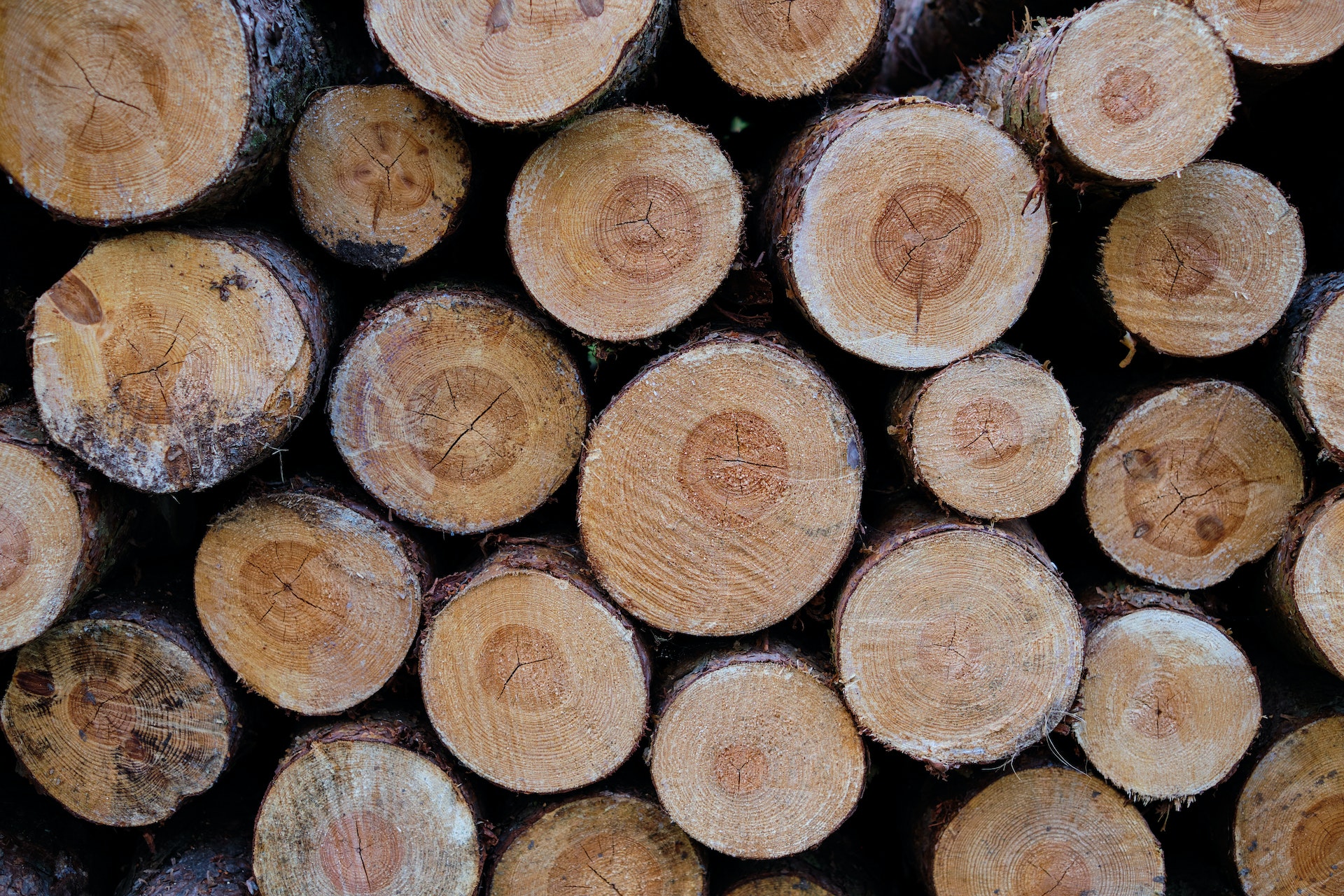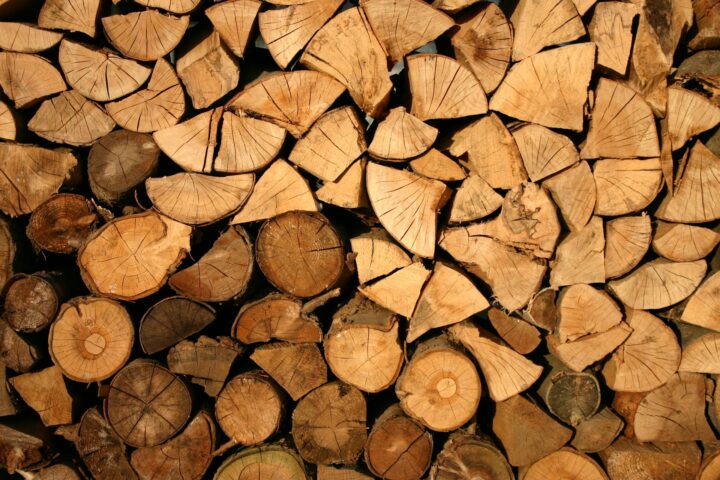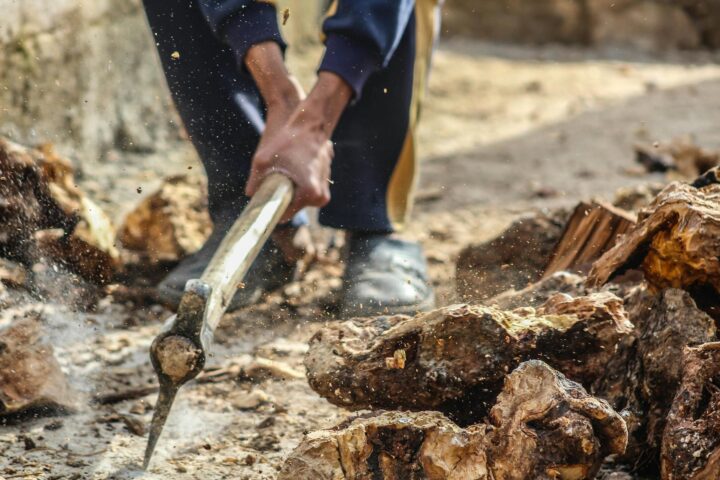-
The Importance of Timber: Exploring Why It Makes Sense For The Future
In the modern world, as we seek sustainable alternatives and eco-friendly solutions, timber has emerged as a valuable resource with immense importance. From its traditional uses in construction and furniture-making to innovative applications in renewable energy and carbon sequestration, timber is at the forefront of building a sustainable future. In this article, we will delve into the various aspects that highlight the importance of timber in shaping a greener and more sustainable world.
Sustainable Construction:
Timber is increasingly gaining traction as a sustainable building material. Wood possesses excellent strength-to-weight ratio, making it structurally reliable for construction projects. By using timber in buildings, we reduce our reliance on energy-intensive materials like concrete and steel, thus lowering the carbon footprint of construction. Additionally, wooden structures can store carbon dioxide, helping to combat climate change effectively.
Energy Generation:
Beyond traditional uses, timber can be utilized as a renewable energy source. Biomass energy, derived from wood and other organic materials, can produce heat and electricity. Biomass power plants use wood pellets and chips to generate clean energy, displacing the need for fossil fuels and contributing to reducing greenhouse gas emissions.
Carbon Sequestration:
One of the little-known facts about timber is its ability to sequester carbon dioxide from the atmosphere. Trees absorb carbon as they grow, storing it in their tissues. Sustainable forestry practices, such as reforestation and afforestation, can enhance carbon sequestration, helping to mitigate the impacts of climate change.
Circular Economy:
Timber supports the concept of a circular economy, wherein resources are reused, recycled, or repurposed to minimize waste and pollution. Wood waste from construction and manufacturing processes can be recycled into engineered wood products, mulch, or even biochar, providing sustainable alternatives to traditional waste management practices.
Biophilic Benefits:
Timber possesses inherent biophilic qualities, evoking a connection to nature that enhances human well-being. Incorporating wood elements in interior spaces has been shown to reduce stress, improve concentration, and promote creativity. This natural material can contribute to the design of healthier and more productive environments.
Ecosystem Services:
Forests, the source of timber, offer invaluable ecosystem services. They regulate the climate, purify water, protect watersheds, and provide habitats for countless plant and animal species. Sustaining these forests through responsible timber management ensures the preservation of these critical ecosystem services.
In conclusion, the importance of timber in building a sustainable future cannot be overstated. From sustainable construction to renewable energy generation and carbon sequestration, timber offers versatile solutions to some of the most pressing environmental challenges. Embracing responsible forestry practices and promoting the use of timber in various industries will undoubtedly contribute to a greener and more sustainable world.




